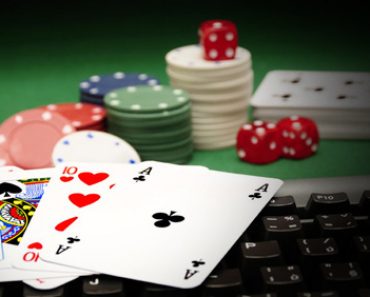How your opponents see you over the poker table is an indispensable part of poker, even online poker. Many players simply remain a mediocre player just because of it. Table can spell the difference between losing and winning the game, as well as winning big and winning a paltry poker pot. And with people labeling you with the way you talk, the way you dress, and the way you handle your chips or even sit at the table, you better make sure you are sending just the message you want, and nothing else.
Why Paint the Correct Image?
Well, because if poker is about one thing, it would be money. Without managing table images, you would win enough and you’ll lose more. And one way to make sure you get the most out of every hand is to devise a strategy that will fit what you know about your opponent.
Think about this. Would you bluff a calling station? Would you blind steal someone who always checks and call? Of course you won’t. Table image allows you to indentify what your opponents are and try to develop a strategy around their identity. And it’s more than just the way they look, mind you, as many poker players are great actors, trying to hide their identity by dressing and acting the way they’re not. So determining table image is not a one-shot deal. If you want to runaway with more money, learn to feel your opponent at every twist of the game.
But it’s more than just learning about your opponent. It is also about having and maintaining an image for yourself. Imagine this. You have the nuts, you check-raise and everybody folds just after the flop has been dealt. Or when you have a mediocre hand and you check-raise, and everyone would be calling and raising you. Portraying the right image on the table prevent you from looking like a prey in a sea of poker-faced sharks.
Keep Your Image in Check
While it’s true that your opponent’s table image is important in developing strategies, you should also be aware of the image you spew out to your opponents. Whether you play in brick-and-mortar or online casinos, remember that poker is a game of information. If you’re giving out too much information regarding the way you play, your opponent can predict how you will handle your hole card and how you play your chips. A good strategy is for you to act the way you aren’t, and play the opposite of the table image you are portraying. Select your table carefully, and remember to keep the act in place until you decided to leave. You wouldn’t want people calling your bluff and folding your nuts, so be sure to keep puzzling your opponents about your table personality.


